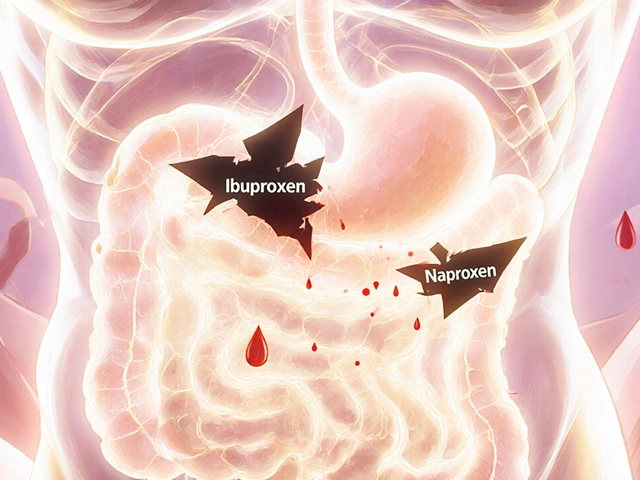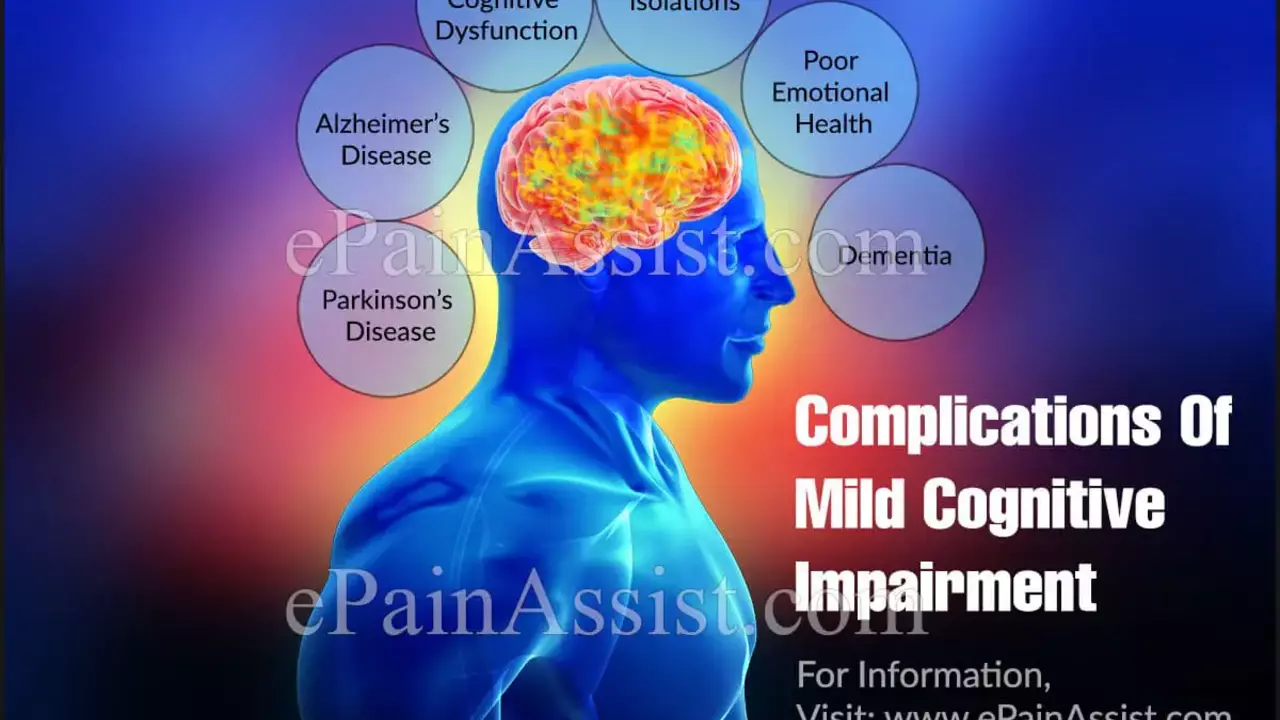Cognitive Training: Simple Ways to Improve Memory, Attention, and Thinking
Want to stop losing your train of thought or forgetting names? Cognitive training is a set of targeted exercises that help your brain work more efficiently. It’s not magic, but when used the right way it can improve specific skills like working memory, processing speed, and reasoning—especially if you combine it with good sleep, movement, and nutrition.
What works — and what to expect
Not all brain games are equal. The strongest real-world evidence comes from programs that target a specific skill and train it repeatedly. For example, the ACTIVE trial found that training focused on reasoning and processing speed produced measurable benefits that lasted years for older adults. Meta-analyses show modest to moderate gains when training is regular and specific, but don’t expect a total mental overhaul after a week.
Here’s what you can realistically expect: improved speed on tasks you practice, better short-term memory for similar tasks, and small gains in daily activities that rely on those skills. Transfer to totally different abilities (like becoming smarter overall) is rare. So pick training that matches the skill you want to improve—memory drills for forgetfulness, speed drills for slow thinking, and reasoning puzzles for problem solving.
Daily routine: exercises and lifestyle that actually help
Keep sessions short and consistent. Aim for 20–30 minutes, three times a week, for at least 8–12 weeks. Mix these elements into your plan:
- Working memory tasks: try n‑back exercises, sequence recall, or apps that force you to hold and manipulate information.
- Processing speed drills: timed visual search or reaction tasks help you make faster, accurate decisions.
- Reasoning practice: logic puzzles, pattern problems, or strategy games like chess train problem-solving skills.
- Real-world practice: practice remembering grocery lists, phone numbers, or directions—then test yourself later.
Beyond exercises, these habits multiply results: 30–45 minutes of aerobic exercise most days boosts brain plasticity; aim for 7–9 hours of sleep to consolidate gains; eat balanced meals with healthy fats (omega‑3s) and avoid heavy alcohol; keep social and mentally active—join a class or volunteer.
Pick tools carefully. Look for programs with published studies (BrainHQ, some academic programs) rather than flashy apps that only track scores. Track progress with simple tests you repeat every few weeks: timed recall, a short logic test, or how quickly you follow multistep instructions.
When to see a professional: if memory loss interferes with daily life or appears suddenly, talk to your doctor. Cognitive training helps many people, but it’s not a substitute for medical evaluation when symptoms are worrying.
Want more? Read our article on Alzheimer-type dementia and stroke to understand risks and prevention steps, and check our guides on sleep and supplements for practical ways to support brain health while you train.
Rivastigmine and Cognitive Training: A Winning Combination for Alzheimer's Disease?
In my latest exploration, I've delved into the promising potential combination of Rivastigmine and cognitive training for Alzheimer's disease. It appears that Rivastigmine, a drug traditionally used to alleviate Alzheimer's symptoms, may have its effectiveness significantly enhanced when paired with cognitive training. This training focuses on boosting the mental capabilities of patients, thereby potentially slowing the disease's progression. While more research is needed, the initial results are exciting and bring a ray of hope for those battling this devastating disease. It's truly fascinating how combining different strategies could potentially change the game in Alzheimer's treatment.
About
Health and Medicine
Latest Posts


Nocebo Effect and Statin Side Effects: How Expectations Shape Your Experience
By Marcel Kornblum Jan 15, 2026

Buy Cheap Generic Lisinopril Online - Fast, Safe & Affordable Options
By Marcel Kornblum Oct 14, 2025

NSAIDs and Peptic Ulcer Disease: Understanding the Risk of Gastrointestinal Bleeding
By Marcel Kornblum Nov 24, 2025

